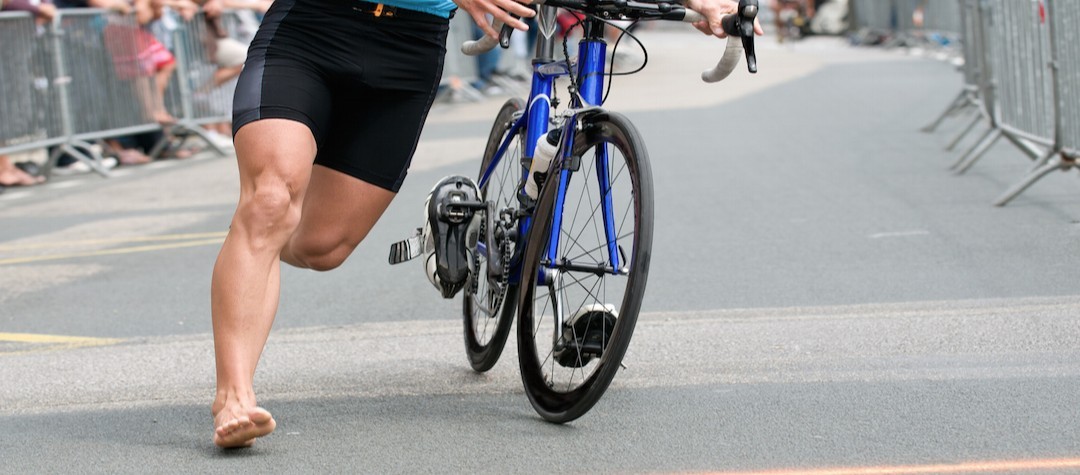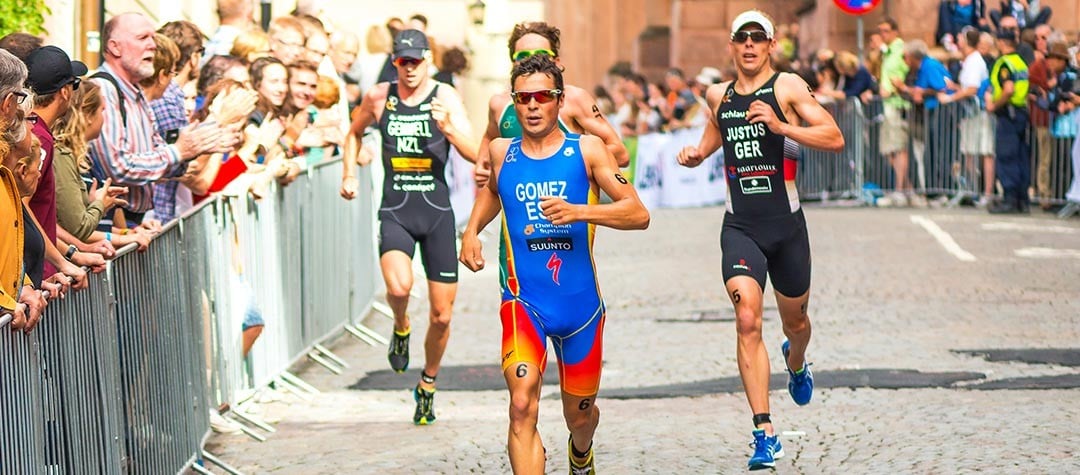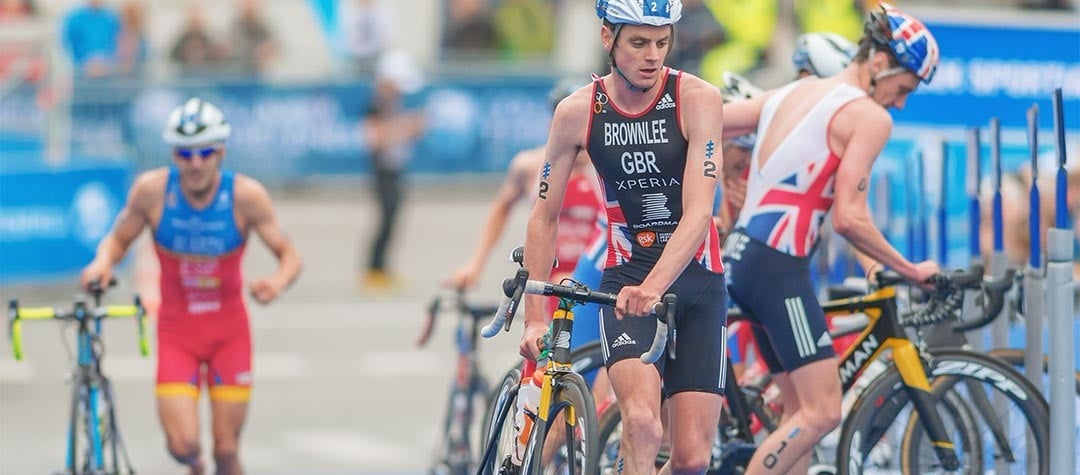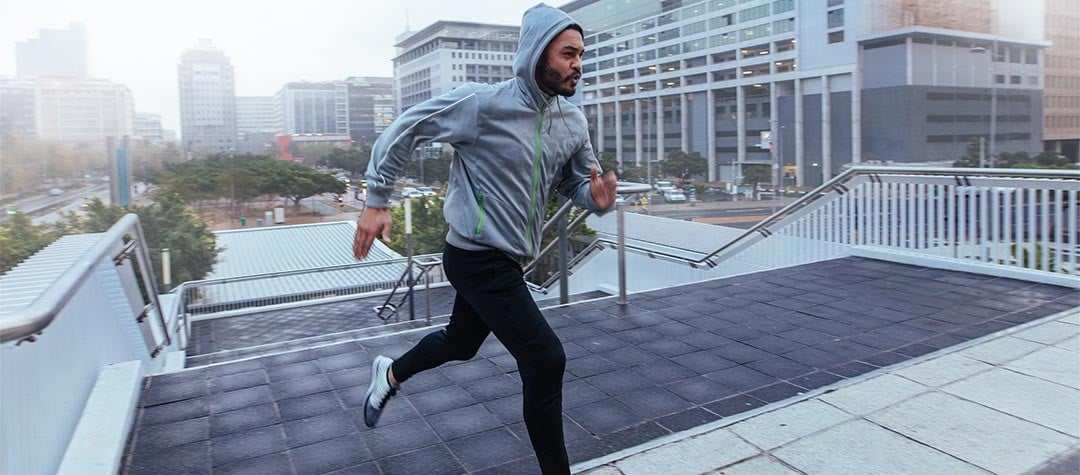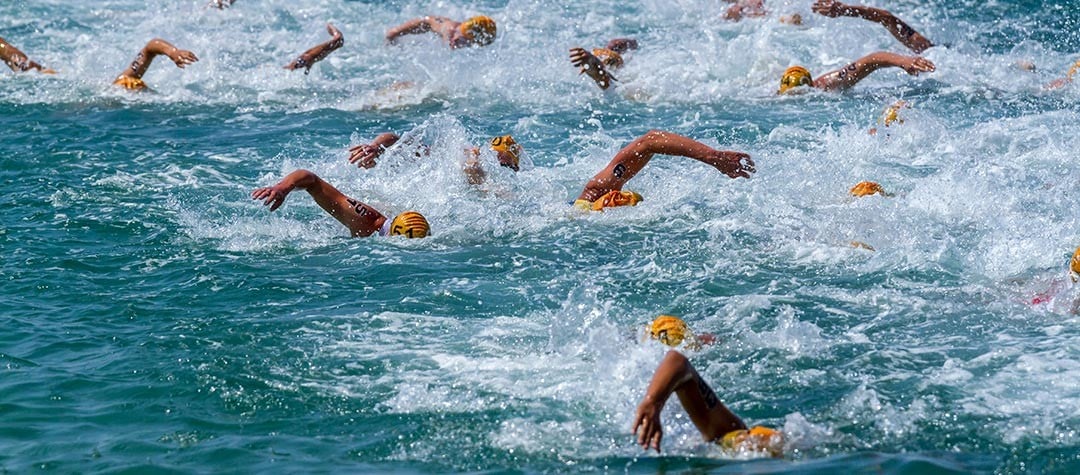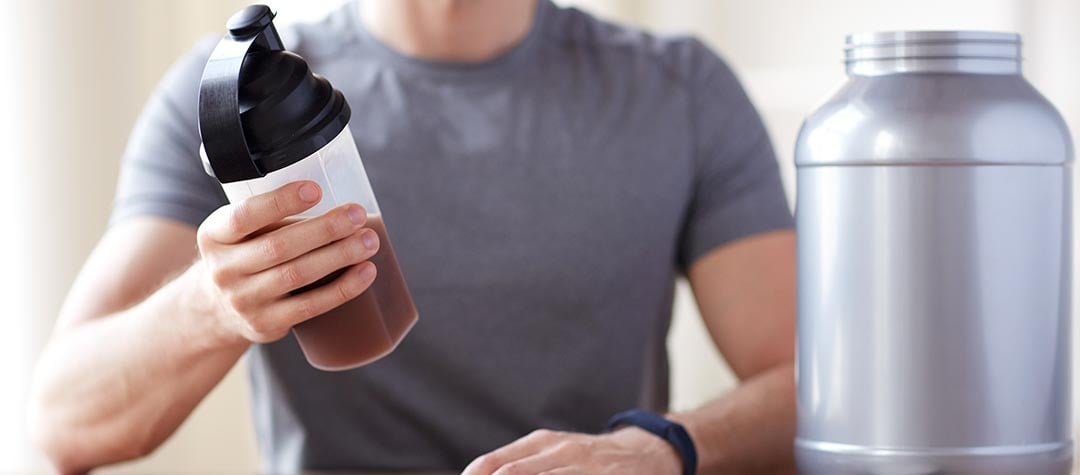How to prepare for a sprint triathlon when it's your first race.
No matter what distance you’re taking on, the sport of triathlon is mostly about the preparation you put in beforehand, so start off by building up your training slowly. Everyone will start at different phases obviously. It doesn't matter where you are right now because the important thing is that you move forward slowly and steadily as you build towards a peak.
Structuring your training
Try doing two weeks of bigger mileage before taking one week of lower mileage to recover. Then progress the same pattern again, but this time try to up the mileage even further in the first two weeks.
Usually it's good to do have in excess of 50 per cent of your training on the bike, around 25 per cent running and 25 per cent swimming.
Usually it's good to do have in excess of 50 per cent of your training on the bike, around 25 per cent running and 25 per cent swimming. If you're a beginner then it's unlikely that you can do enough to completely over train yourself so basically the more you can do, the faster you'll be.
Just be sure to focus on technique and eight weeks out from your race include sessions that will make you fast! That means track sessions, tempo runs, time trials and so on. I'd always advise joining a Triathlon Club as they're always very accommodating and you'll learn so much just being around experienced people.
Essential triathlon equipment
Triathletes love a piece of fresh equipment and you can honestly spend whatever you want on bikes, gear sets, wetsuits, wheels etc. You definitely don't have to have it all to put together a good race (although it will help), but you will get heaps more satisfaction beating an athlete who does have it all! BUT there are a few simple and essential pieces of kit which will make your life a lot easier on race day.
Tri Suit - It's an all in, so you swim in it, bike in it and run in it and it dries straight away. It's fast and you don't have to change.
Elastic Laces - You slip on your shoes, they're tight and snug and you don't have to worry about spending ages tying your laces
Wetsuit – It’s much faster than your skin, especially if it's cold. For most triathlons in the colder countries you won't be able to start without one.
Bike – By this I mean ideally you should get hold of a road bike and even better a time trial bike. Of course you can use your rusty old mountain bike if you want, but I guarantee it will be really slow and you'll lose a lot of time!
Race tactics
I won't go too much into the fact that you need to pace your efforts because if you did any training for the event then you’ll have a good grasp of what effort you can manage. A Sprint Triathlon isn't so long that you'll run into problems with nutrition or dehydration but I would advise that you take every opportunity for 'free speed' that comes your way. By this I mean anything that will make you faster without using any extra effort.
Drafting
Draft off someone faster than you in the swim. Swim by their side or directly behind them and feel yourself getting towed along at a faster pace. If you do this it’s important to look where you're going by looking up every so often!
Transition speed
Be quick through transition. This is really an opportunity to make up a lot of time and is a big part of the race. I used to set up a transition down the street where I live!
You can practice at home too, by taking off your wetsuit and putting on your helmet at the same time and jumping on your bike while you're running, before pulling on your trainers (with elastic laces). Top tip: super glue the inner soles to the shoe so it doesn't fold up when your feet are soggy.
Aerodynamics
Aerodynamics is huge in cycling. Try to ride as low as you comfortably can. At the very least bend your elbows at 90 degrees instead of sitting up like a postman. Even better stay as much as you can on your aerobars. This will possibly be the biggest time saver in your race.
Pace yourself
Pacing your run will help you in the long run. Run out of the second transition at an achievable pace for you and try to build into it so that your last half is as strong as your first. Eat and drink if you feel like you need to.
Your first triathlon might feel slightly daunting but relax, it's meant to be fun and in every race there is always a wide range of abilities. Perhaps the most scary aspect of it can be the open water swim.
My advice is to relax and just do what you know how. Start near people of similar ability or out to the side of the field rather than right at the front with the big guns and keep away from the other swimmers if you feel nervous.
It can get crowded in the first 100m if you're starting in the thick of it but that will pass and there are always kayakers out there to help you. Good luck!

